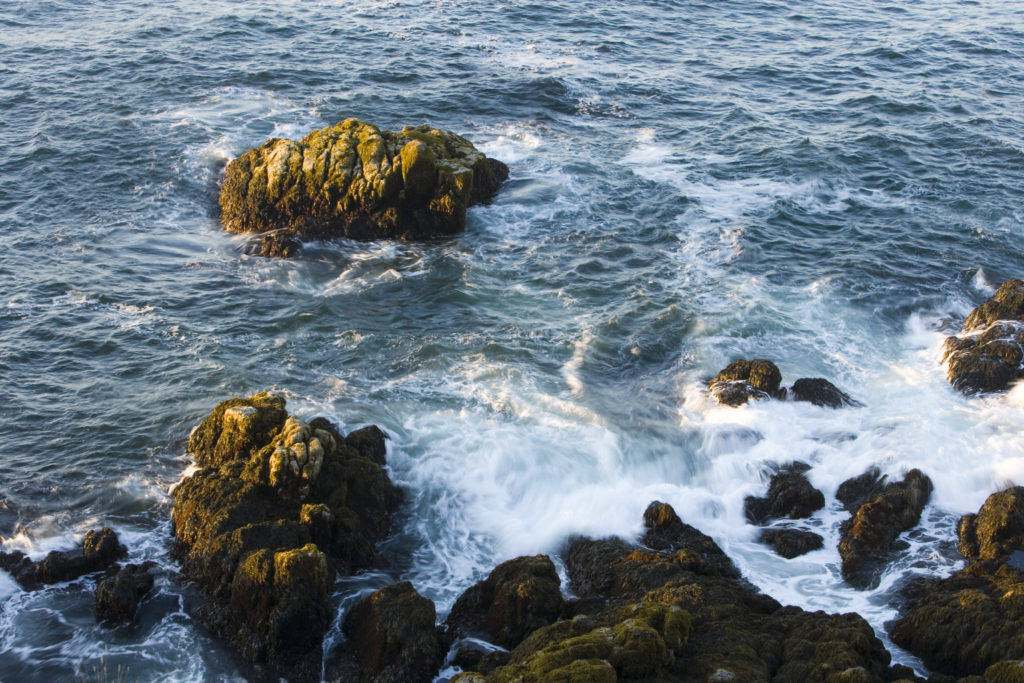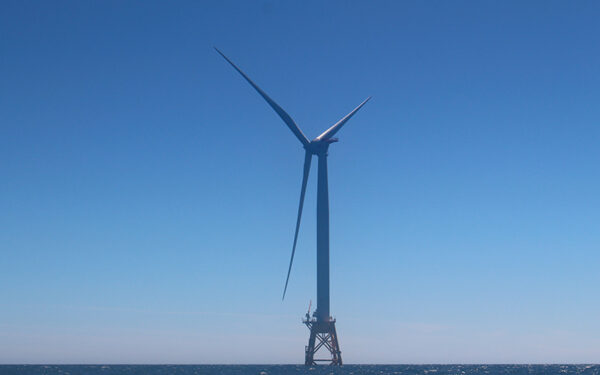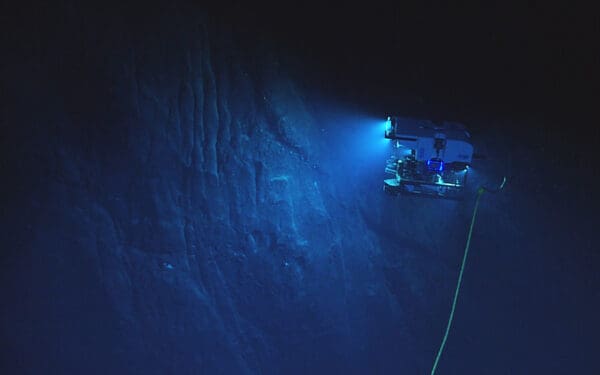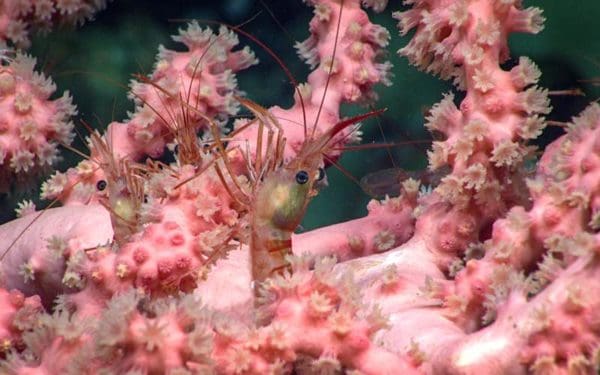
New England's ocean faces threats from the current administration and Congress. That's why CLF going to Washington, D.C., for this year's Capitol Hill Oceans Week. Photo: EcoPhotography
As the Trump administration continues its attack on our nation’s public lands and waters, it has never been more pressing to highlight the importance of a healthy ocean ecosystem. That is why CLF has headed to Washington, D.C., this week to participate in Capitol Hill Ocean Week.
Capitol Hill Ocean Week brings together national and global stakeholders to discuss and advocate for science, conservation, and management issues facing our ocean, coasts, and Great Lakes. This particular June, these discussions are all the more pressing as our ocean faces mounting threats from a presidential administration and Congress that continually favor industry over a healthy ecosystem. In President Trump’s proclamation announcing June as National Ocean Month, he reiterated his administration’s harmful and short-sighted approach to our ocean, focused on stripping it bare of resources.
His proclamation is in the same vein as other threats from the Trump administration and Congress, including rolling back marine monument protections, cutting funding for programs that are vital to ensuring the health of our oceans, and weakening management measures essential to sustainable fisheries.
CLF is ready to defend our ocean for New England. We’re in Washington for Capitol Hill Ocean Week with a list of asks for the members of our congressional delegation. We’re asking New England’s senators and representatives to stand up for the ocean and our ocean resources that play an integral role in our lives, livelihoods, and communities.
We will ask our congressional delegation to commit to three things:
1. Congress must support protections for marine monuments and sanctuaries.
National marine sanctuaries and marine national monuments are home to an incredible diversity and richness of ocean life and represent important scientific, historic, and cultural value. The Antiquities Act and the National Marine Sanctuaries Act are two of America’s most important conservation tools that are used to protect our treasured places on land and in water.
New England is home to the Northeast Canyons and Seamounts Marine National Monument, the only U.S. monument in the Atlantic Ocean. It protects ancient and fragile coral communities, endangered whales, and an abundance of unique and rare marine life.
All of our marine national monuments are endangered by the possible repeal of their protections, leaving them vulnerable to overfishing, oil and gas drilling, and other threats. The Antiquities Act, which was used to create our marine monuments, faces legislation that would weaken its ability to be used to designate future monuments.
Congress must stand up for all marine monuments and sanctuaries – and the tools used to protect them.
2. Congress must invest in conservation, monitoring, and science programs that protect all of our nation’s waters.
Creating good policy relies on sound science and robust data. Federal programs like the National Oceanic and Atmospheric Administration (NOAA), the Department of the Interior, and the Environmental Protection Agency (EPA) do the research and data collection that drive conservation programs.
Right now, all three agencies are facing harmful budget cuts. In February, the Trump administration proposed an astounding $1 billion cut to NOAA’s budget. Cuts to programs like NOAA’s climate research neglects to address climate and resilience effectively and leaves places like New England at an increased risk.
The House has pushed back by putting funding into the budget for programs like research into ocean acidification and in marine protected areas and estuaries but it fails to address all of the threats from Trump’s budget.
CLF knows we need NOAA operating at full capacity. That’s why we are requesting $6.2 billion for NOAA’s overall budget, which would allow them to effectively manage our fisheries, convene community conversations, and support local conservation efforts.
3. Congress must continue following conservation and management acts.
As a country, we have many statutes that protect our most vulnerable species and ensure that the species we hunt and fish for are properly managed. It’s critical for Congress to continue supporting the Magnuson-Stevens Fisheries Conservation and Management Act (MSA), the Endangered Species Act, the Marine Mammal Protection Act, the National Marine Sanctuary Act, and the National Environmental Protection Act.
The MSA is especially important as we head to Washington this year. Since it was originally passed in 1976, the MSA has been the primary U.S. law governing fisheries. In 1996 and 2006 Congress strengthened the MSA’s conservation and science-based management provisions, which have helped to rebuild stocks and end overfishing in many parts of the United States to the benefit of the environment, fishing, and tourism. However, efforts to amend the MSA create loopholes around science-based catch limits, weaken rebuilding requirements, and prioritize fishing over foundational environmental laws.
Here in New England, iconic species like Atlantic cod have been overfished for decades and need a strong MSA to recover. We need to maintain the MSA’s conservation and science-based principles to preserve the progress that has been made and continue down the path of achieving sustainable fisheries nationwide.
Even if you can’t be in Washington during Capitol Hill Ocean Week, you can still do your part.
Call your representatives today and use these talking points to ask them to support a healthy ocean.



